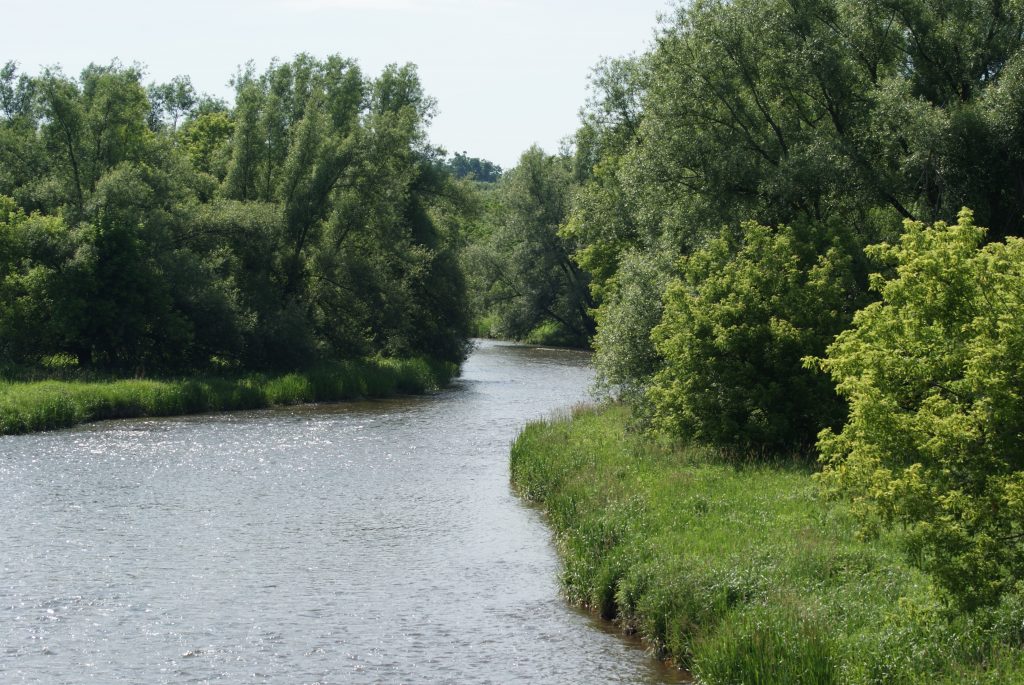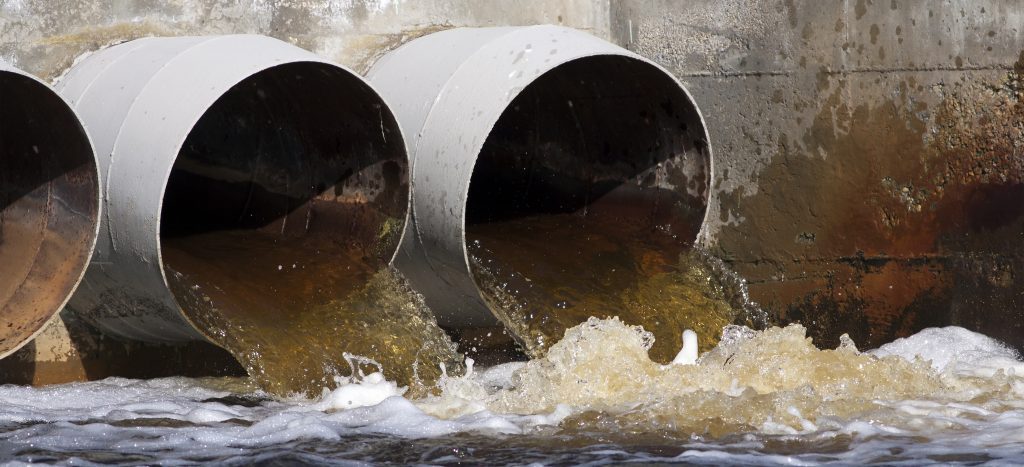By Susan Swail, Greenbelt Campaigner and Nancy Goucher, Water Campaigner
This week’s report from Ontario’s Environmental Commissioner shows that the provincial government is on its way towards stronger environmental protection with some great policies and plans for land and water. Now, it’s time to focus on implementation and action.
As Ontario’s independent environmental watchdog, Gord Miller monitors how well the Ontario government is doing when it comes to complying with its environmental laws. Each report looks at a few issues in detail. This year, Miller looked at a range of topics including: paying for drinking water; the effectiveness of environmental assessments; and the effects of urban planning on our environment.
In this blog, our Greenbelt and Great Lakes campaigners highlight some of the report’s important conclusions for ensuring healthy land and waters in Ontario.
Failure to expand full-cost accounting for Ontario’s drinking water system
According to the Commissioner’s report, Ontario is falling behind on requiring municipalities to recover the full costs of their drinking water systems. Essentially, our water bills are not covering the total cost of collection, treatment and delivery of water and this is leaving us with leaky, inefficient pipes, significant deficits, and financially starved systems.
To its credit, Ontario started down the path towards full-cost accounting with a number of initiatives, namely the Sustainable Water and Sewage Systems Act, 2002 and the Water Opportunities Act, 2010. But the 2002 Act was repealed in 2012 because it was never officially adopted, and some of the most important regulations in the Water Opportunities bill haven’t been implemented yet.
Full-cost recovery is the way to go. It would help ensure safe drinking water, give municipalities more money to manage their debts and encourage Canadians to think more about water conservation.
Revisions to the Planning Act undermine efforts to curb urban sprawl
Miller also commented on how urban planning is done in the province. He noted that the province has a number of sound policies on the books, like the Places to Grow and Greenbelt plans that work together to reduce sprawl, build efficient transit systems, promote healthy communities, and protect prime agricultural land. However, he noted we are falling down on implementation.
The Commissioner points out that by not following the policies that are on the books, we’re heading in the wrong direction. In particular, he was critical of the loosening of intensification targets established through the Places to Grow Act. Properly implementing the Places to Grow plan hinges on requiring denser development. Without increasing the density of the communities we live in, we risk perpetuating sprawl and not having the enough tax dollars to follow through on our progressive transit plan, the Big Move.
Bringing back the full Environmental Assessment process
One place where Ontario does not have the right policies in place which affect the health of our communities is its environmental assessment process. The Commissioner points out that the Environmental Assessment Act is weak and ineffective. The result is that the province’s current approach is costly, and not fully mitigating negative impacts or identifying possible alternatives. With a more robust assessment process, Ontario could make better decisions about where to locate new highways and energy projects. It may help us understand the cumulative impact of major regional infrastructure projects if they were assessed as a whole, instead of broken up into multiple small projects.
We agree with the Commissioner that a sound policy framework is essential to protect what we value, get the most out of opportunities and reduce environmental impacts. We also agree that strong laws and policy with weak implementation does little to help our communities or our environment. We will work with citizens, municipalities and the Ontario government to make sure that his advice results in real progress.







